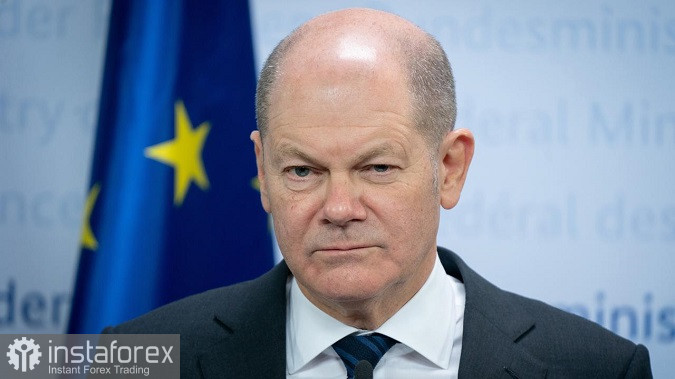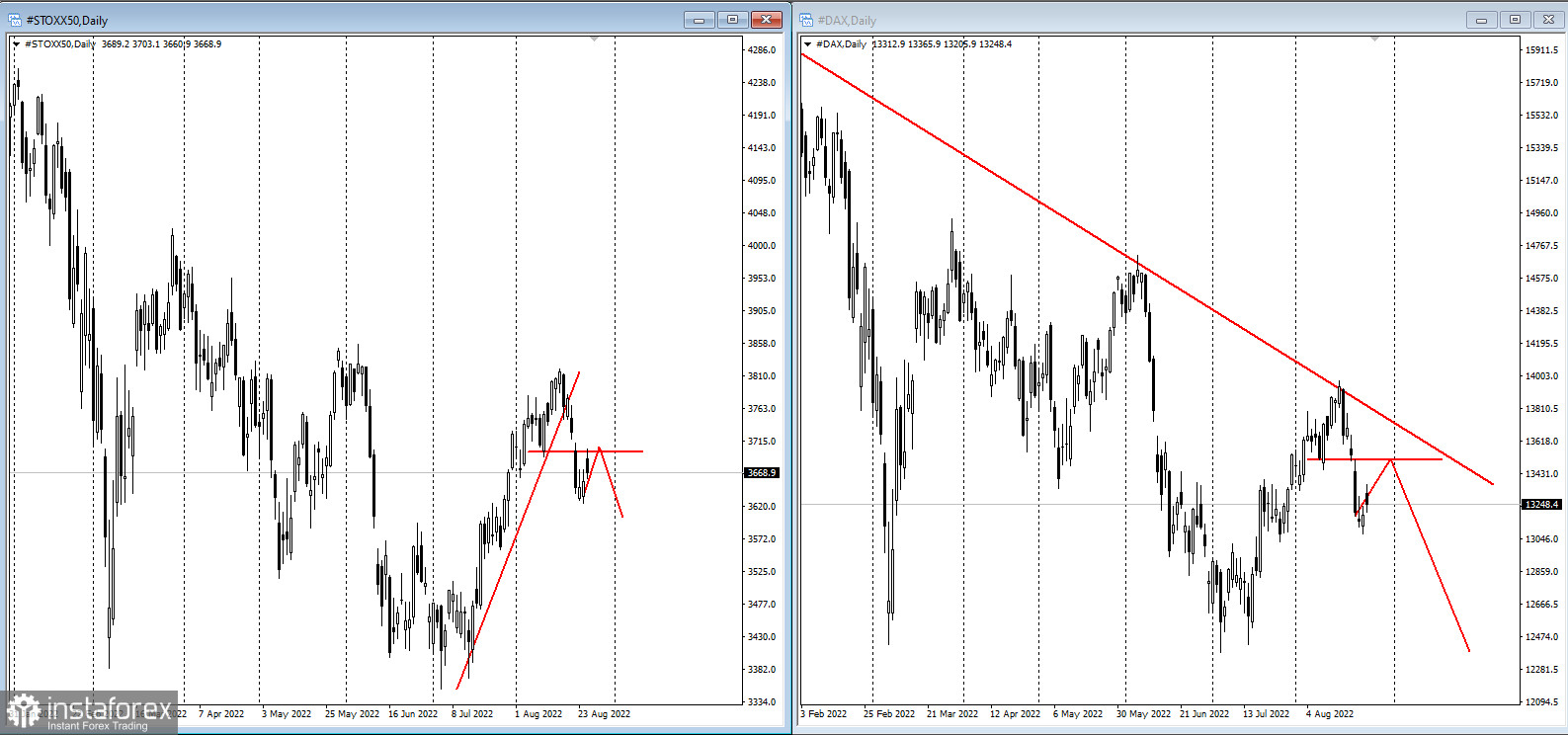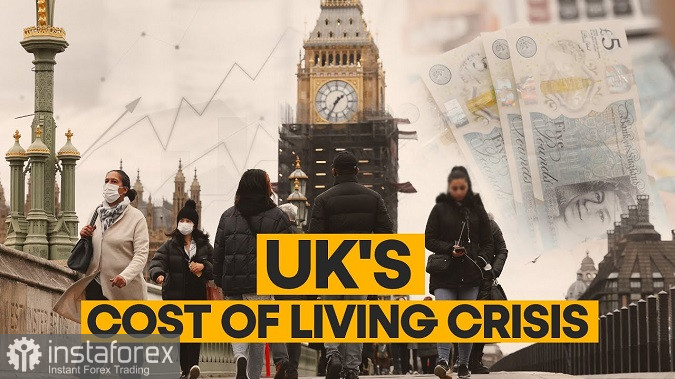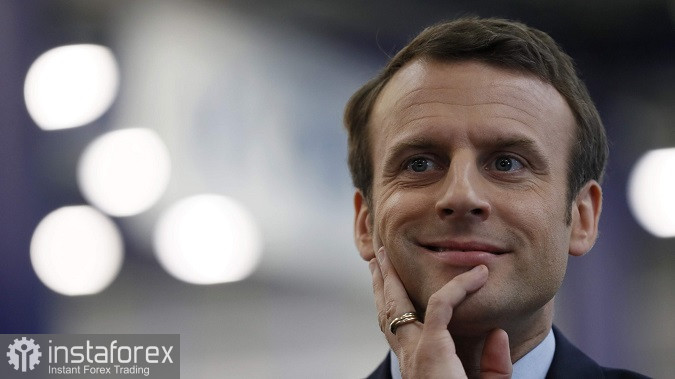
European politicians have already provided about 280 billion euros ($279 billion) to ease the pain of soaring energy prices for businesses and consumers, but the aid could be small compared to the scale of the crisis.
As Russia cuts gas supplies and power plant outages further cut supplies, wholesale energy prices have risen more than ten times their seasonal average over the past five years. Tensions have escalated as Moscow prepares to shut down the key Nord Stream pipeline for maintenance on Wednesday, raising fears of a long-term shutdown that will jeopardize efforts to secure enough supplies for the winter.
Governments across the continent have focused their efforts mainly on lowering electricity bills, an approach that could not only fail to withstand a price hike, but exacerbate the crisis. Programs such as gas tax cuts in Germany and heating subsidies in Poland with no caps on income levels or energy efficiency are likely to support demand rather than limit it.
"It's like putting out a fire with gasoline," said Joanna Mackowiak-Pandera, president of the Warsaw-based think tank Forum Energii. "We haven't reached the bottom of the crisis yet."
Against this background, European stock indices continue to decline:

European Union energy ministers may hold an emergency meeting to discuss a surge in electricity markets as leaders set a more urgent tone. The Czech Republic, which alternates chairing the bloc, is considering calling a meeting to discuss the idea of capping electricity prices, CTK newswire reports citing Industry Minister Jozef Sikela.
For now, policy action could burn through the region's financial resources and exacerbate the surge in inflation as the economy stalls. This could put pressure on taxpayers to pay bills for additional support going forward, with prices expected to remain high for at least next year.

In the UK alone, covering additional electricity costs will cost the government about £110bn ($129bn) through 2023, according to a study by the Institute of Government.
On Thursday, Spanish lawmakers will discuss one of Europe's rare legal initiatives to limit consumption. The rules stipulate that most businesses will not be allowed to cool their premises below 27 degrees Celsius (81 degrees Fahrenheit) in summer or heat them above 19 degrees Celsius (66 degrees Fahrenheit) in winter.
The policy was put into effect by a decree by Prime Minister Pedro Sanchez last month, but parliamentary approval is required to pass the law. The main opposition party plans to oppose the bill, which includes restrictions on outdoor lighting, calling it frivolous and a threat to tourism and public safety. While they don't have the votes to block the measure, it raises the stakes for the ruling coalition.
Instead of legislating to cut consumption, European leaders are mostly calling for solidarity and recommending voluntary action, such as lowering the temperature and taking colder, shorter showers.

The response to the energy crisis is indicative of an unstable political environment in the region, with many leaders lacking the backing to make tough decisions. Macron has lost his majority in the National Assembly, Chancellor Olaf Scholz's party has fallen to third place in German voters' polls, Italy is facing early elections after the allies toppled Prime Minister Mario Draghi, and British conservatives are choosing Boris Johnson's successor.
With the European region already heading into recession, failure to contain the energy crisis threatens to spark social unrest and political upheaval if power outages lead to power outages and colder homes this winter. It could also undermine public support for moves to punish the Kremlin for fighting in Ukraine.
France
"Our freedom, the system of freedom we are used to living in, has a price," French President Emmanuel Macron said at the beginning of the cabinet meeting on Wednesday. "Sometimes when we need to protect it, it can entail sacrifices."
While the French government has quickly released tens of billions of euros to protect households and businesses, it has only recently begun talks with local authorities and trade groups about a plan to cut demand by 10% over two years.
Poland
In Poland, whose government is a strong supporter of Kyiv's efforts to repel Russian troops, 34% of voters blame the current government for rising spending, according to a United Surveys poll last month.
Sweden
Ahead of next month's Swedish elections, worries about electricity prices have risen to the top of the political agenda as parties struggle to cover rising costs.
Italy
In Italy, the leaders of the two largest parties fell out over energy price controls in their first public debate before elections on September 25. Giorgia Meloni, the leading contender for the premiership, supported a proposed pan-European cap on gas prices.
Austria
Difficulties in easing supply restrictions were evident in Austria, where plans to rebuild a mothballed coal-fired power plant have been shelved.
Germany
In addition to Spain's efforts, Germany is also beginning to address demand issues. On Wednesday, Scholz's cabinet approved measures aimed at cutting gas consumption by a fifth this fall and winter.
These measures include a ban on heating private pools, refusing to heat certain rooms in public buildings, and lowering the minimum temperature in offices to 19 degrees Celsius.
"What we're going through right now is the perfect storm" of overlapping crises, Scholz said during a trip to Canada this week, where he lobbied for infrastructure to export LNG to Germany. "You all know what I'm talking about: Russia's war of aggression against Ukraine, the ensuing energy crisis, global food shortages, inflation."
Russia - historically the largest supplier of gas to the EU, covering about 40% of demand - is almost impossible for the region in the short term. Liquefied natural gas supplies have helped replenish reserves, but competition will intensify.
The Russian LNG operator, according to traders with knowledge of the matter, has suspended deliveries to at least one Asian customer due to payment issues as well as delays in signing renegotiated contracts. Any interruption in natural gas supplies could exacerbate the supply crisis and provoke tender wars between European and Asian countries.





















